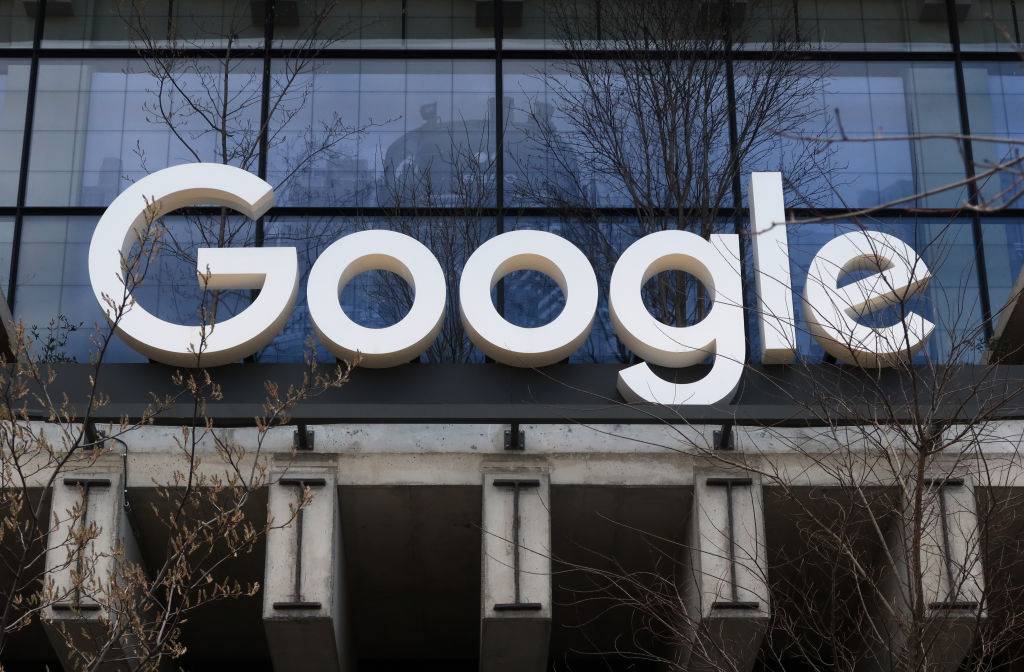In recent years, tensions between Russia and major tech giants have escalated, with Google frequently at the center of regulatory disputes. Russia has imposed substantial fines on the company, accusing it of non-compliance with national laws and data regulations. As the Russian government tightens its grip on digital content and data control, the fines imposed on Google highlight an ongoing struggle between global tech companies and state regulations.
The Core of the Conflict
At the heart of the Russia-Google dispute lies Russia’s data sovereignty and internet policy. In recent years, Russia has increased its push for “data localization,†a regulation requiring foreign companies to store data about Russian citizens on servers located within Russia. This law, enacted in 2015, is part of Russia’s broader agenda to gain greater control over internet data and ensure that it remains within reach of the country's authorities.
In 2021, Russia levied a $100 million fine on Google, citing its failure to remove banned content and localize user data. This was a historic penalty for a tech company operating in Russia, representing the largest fine imposed on a U.S. tech giant by Russian authorities. Google has resisted fully complying with these demands, citing global standards for data management and concerns about potential misuse of information when it is stored exclusively within a particular country.
Content Moderation and Censorship
Another major factor fueling the dispute is Russia’s strict regulations on content, especially concerning political information and so-called “extremist†materials. Russian authorities have demanded that Google remove certain videos and search results that allegedly violate Russian law, including content related to opposition figures and protests. While Google complies to a certain extent with local laws in countries where it operates, it also strives to uphold its own policies on freedom of information, which has led to friction with Russian officials.
What This Means for Google and Other Tech Giants
The fines against Google underscore a larger trend: countries worldwide are intensifying their regulation of tech companies. Russia’s demands are part of a global push where nations seek to regulate content, enforce local data storage, and maintain greater control over digital information flows. These moves could potentially limit tech companies’ operational freedom and challenge their principles around free expression and privacy.
Looking Forward
As regulatory pressures increase, Google and other tech companies must find ways to balance compliance with their commitment to user privacy and freedom of information. The Russia-Google conflict is a microcosm of a larger global trend, where countries are flexing their power to enforce national interests in the digital realm. How Google and other tech companies respond to these challenges will likely shape the future of the internet and international digital policy for years to come.
This case highlights the ongoing tension between state sovereignty and the global nature of tech companies. While fines may be significant, the broader implications for internet governance and digital freedoms are even more substantial.




No comments yet
Be the first to share your thoughts!